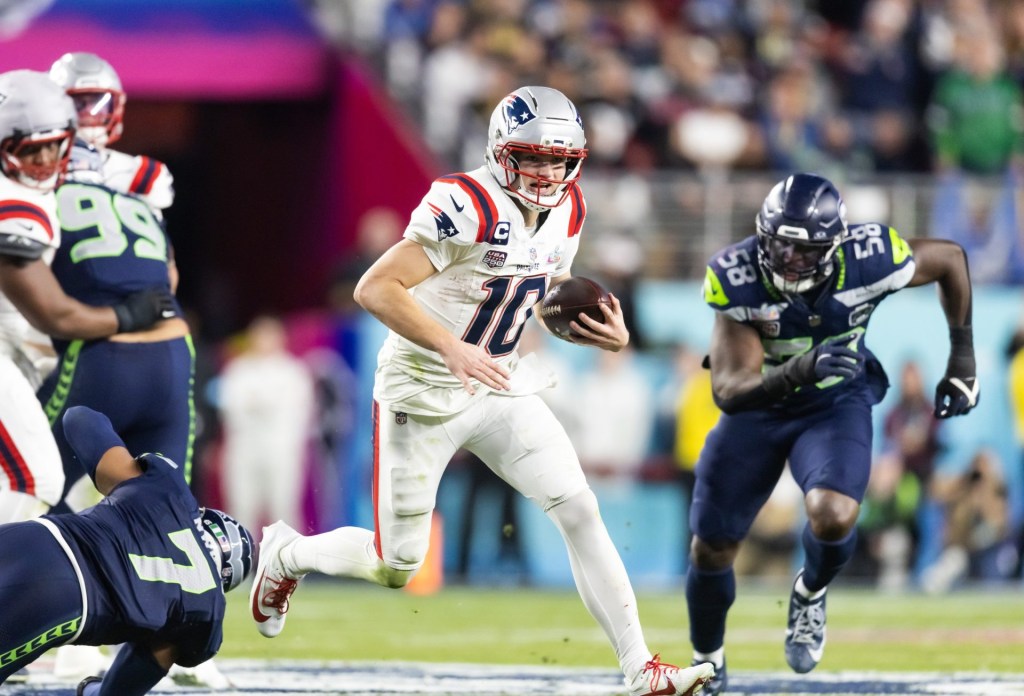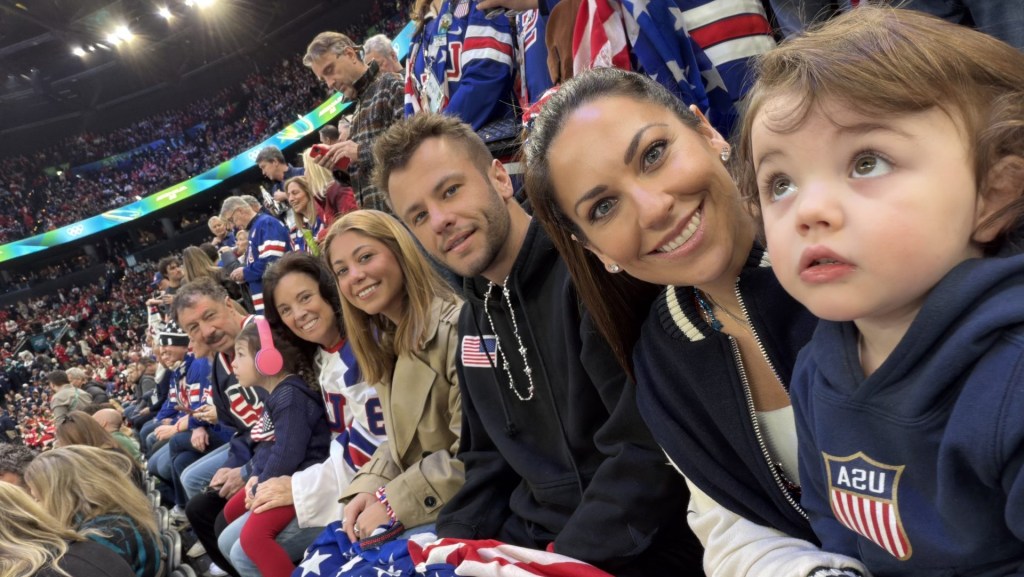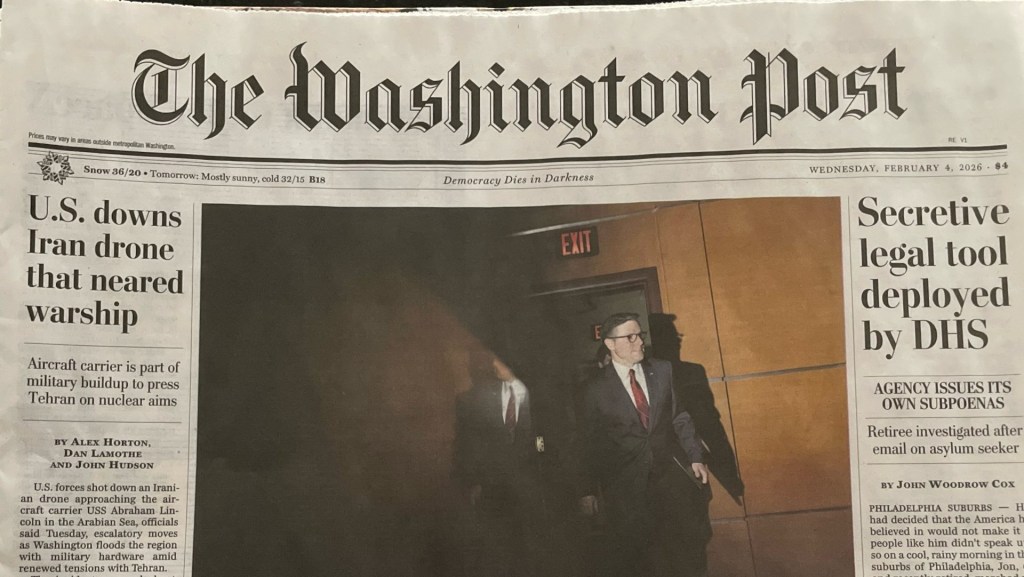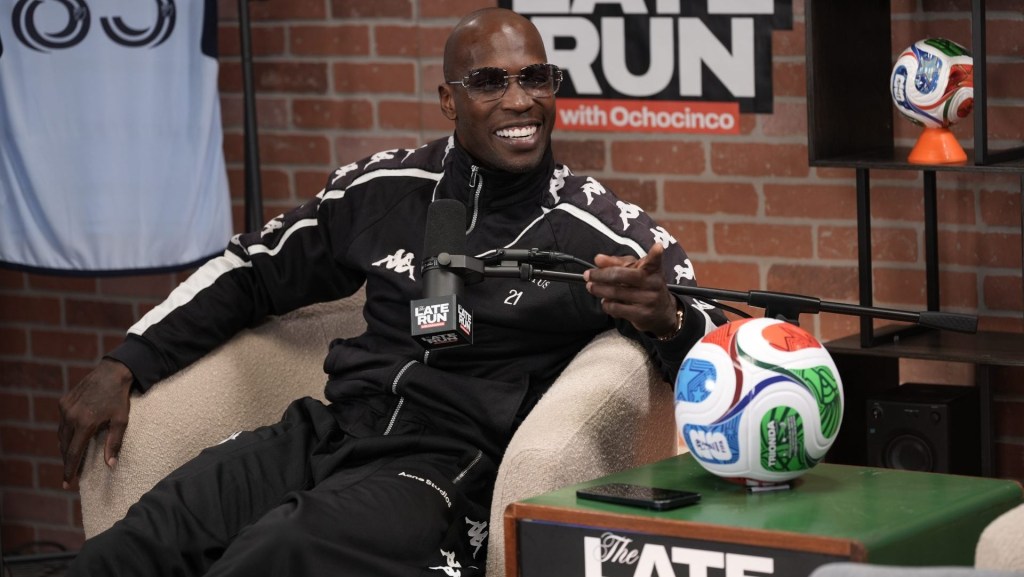The increasingly fractious YES Network-Comcast carriage dispute has been resolved, at least for now, as the two sides have agreed on a deal to continue distribution of the regional sports network on the No. 2 U.S. cable company.
With just 90 minutes before the expiration of a late Monday night contract deadline, the Yankees-led YES Network and Comcast made a one-sentence joint statement that they “reached an agreement for continued distribution” in the New York area. Industry sources said the pact essentially maintains the status quo, with the RSN remaining on an expanded basic tier, while the deal framework is more of an extension than a reworked, long-term pact.
Comcast had sought to place the YES Network on a more expensive premium tier, just as it has previously done with nearly two dozen other RSNs around the country, as it seeks to stem the tide of ever-rising sports programming costs. The YES Network, conversely, insisted on not be treated like any other network, and leaned heavily into its status as one of the most-watched RSNs in the business and its carriage of the Yankees.
Moving to the higher tier would have meant about an extra $20 per month for Comcast subscribers in the New York area to access the YES Network.
Regulator Presence
A new wrinkle entered during the final 48 hours before the deal as the YES Network filed on Sunday a formal carriage complaint with the Federal Communications Commission, arguing that the Comcast proposal would relegate the RSN “to the Siberia of a tier and overcharge fans for it.” That move likely helped put the dispute on the radar of FCC chairman Brendan Carr, who posted on social media on Sunday that, “I would encourage a quick and favorable resolution for the benefit of everyone. The FCC does have authority to step in and address claims of discriminatory conduct.”
After the deal was reached late Monday, Carr then posted, “Going dark wouldn’t have been in anyone’s interest. Thank you to all involved for your good-faith efforts!”
The FCC does not have the power to force a cable or satellite distributor to carry a channel it doesn’t want, or a programmer to accept distribution on terms it has rejected. The commission, however, can impose fines and sanctions for improper negotiating tactics. Additionally, the prospect of the government entity getting involved in some fashion added a layer of further complexity to a situation that already had bruised both Comcast and the YES Network.
The agreement will help keep the YES Network broadly distributed in the New York area as the Yankees look to defend their 2024 American League title.
On Tuesday, Yankees president Randy Levine issued a lengthy statement about the YES Network deal, primarily thanking an extensive list of political leaders ranging from U.S. President Donald Trump to state, county, and city officials in the New York area.
“Most importantly, we want to thank Yankees fans everywhere who showed their unwavering support and passion for keeping YES on the air. Your voices truly made a difference,” Levine said.

![[US, Mexico & Canada customers only] Sep 28, 2025; Bethpage, New York, USA; Team USA's Bryson DeChambeau reacts after hitting his approach on the 15th hole during the singles on the final day of competition for the Ryder Cup at Bethpage Black.](https://frontofficesports.com/wp-content/uploads/2026/03/USATSI_27197957_168416386_lowres-scaled.jpg?quality=100&w=1024)





![[Subscription Customers Only] Jun 15, 2025; Seattle, Washington, USA; Botafogo owner John Textor inside the stadium before the match during a group stage match of the 2025 FIFA Club World Cup at Lumen Field.](https://frontofficesports.com/wp-content/uploads/2026/02/USATSI_26465842_168416386_lowres-scaled.jpg?quality=100&w=1024)
![[Subscription Customers Only] Jul 13, 2025; East Rutherford, New Jersey, USA; Chelsea FC midfielder Cole Palmer (10) celebrates winning the final of the 2025 FIFA Club World Cup at MetLife Stadium](https://frontofficesports.com/wp-content/uploads/2026/02/USATSI_26636703-scaled-e1770932227605.jpg?quality=100&w=1024)








